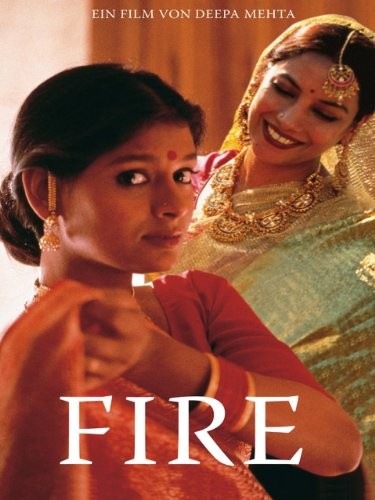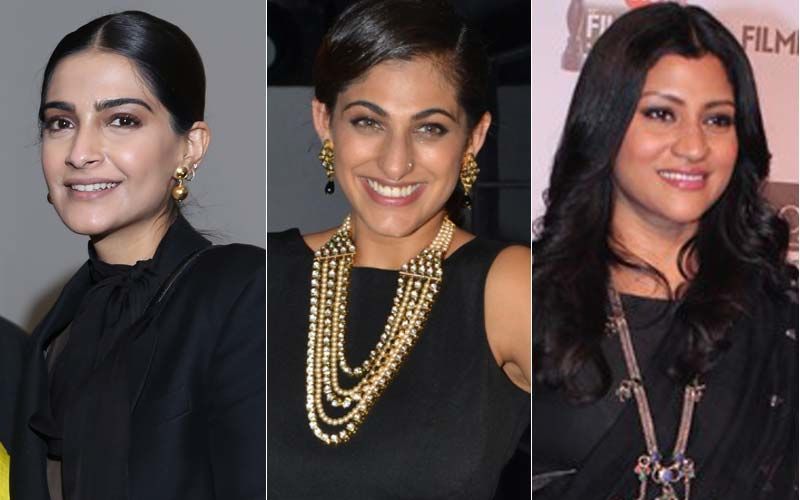Indian film industry didn’t used to have representation from the LGBTQIA community for a long time. It took several attempts and tackling a lot of protests from the public in the name of culture to give a voice to that marginalised section of society.
Earlier those characters were used just for some comic relief and in a stereotypical way. With a man having a feminine personality and always cracking up double meaning jokes or hitting on every other man, along with a dash of homophobia in the other characters, used to be the limited understanding and the typical portrayal of the people from the spectrum.
We have come a long way since then. With leading actors like Ayushmann Khurrana giving a voice to the community and portraying them as your typical, normal human beings with a normal story, queer characters have found more and more representation in showbiz. There is a long way to go still but here’s a look at five queer characters that left a trailblazing performance paving a new way for queer representation:
Shabana Azmi in Fire
In 1996, when Fire released, just talking about homosexuality was a big deal that attracted a lot of dissent, let alone representing it in a film. Mix that with a little bit of incest and you have a riot on your hand, just waiting to happen. And it did. When Deepa Mehta released Fire showing two sister-in-laws, unhappy in their respective marriages and finding physical and emotional intimacy with each other, she faced a lot of flak, protest and theatres burned to the ground. However, Shabana’s portrayal of Radha, a submissive woman who is dominated and ignored by her husband, physically and emotionally, touched the hearts of many. In a time when even kissing on screen was an issue, Shabana, a well-established actor by then, took the bold step of having a lesbian kiss on screen. The film had a big hand in initiating a nationwide conversation about gay and lesbian rights in the society.
Fawad Khan in Kapoor & Sons
Even after the step taken by Fire, it took Bollywood almost 20 years to give another respectable representation to the queer community. And it finally happened with Shakun Batra’s Kapoor & Sons. However, casting for that role wasn’t easy. Reportedly, six mainstream actors rejected that role and the makers even thought about changing the script due to that, before Fawad Khan steeped in to take up the responsibility. As an elder child of a dysfunctional family, living under the pressure of being the “perfect child” and the pretence of being straight, Fawad brought life to the portrayal of a man living a dual life owing to his sexuality and gain unanimous praise all around.
Sonam Kapoor in Ek Ladki Ko Dekha To Aisa Laga
Ek Ladki Ko Dekha To Aisa Laga wasn’t a big commercial or critical success. Neither did it delve much deeper into the issues faced by the queer community. However, Sonam Kapoor’s portrayal of a closeted lesbian, just looking for acceptance from her family, paved a new way for it to be okay for mainstream actresses to take up this challenge. Sonam was the first actress from Gen-Z to play a queer role and give a mainstream story on real homosexual people.
Kubbra Sait in Sacred Games
Kubbra’s portrayal of Kukkoo in Sacred Games was probably the first representation of a transgender person in the mainstream media. Before this, showbiz’s understanding of the queer community was more or less limited to either gays or lesbians. But Kubbra actually took the plunge of essaying the role of an extrovertly confident yet crumbling from the inside part of Kukkoo, and she played it to perfection. Her plight in the show showed that even transgender folks deserve to have their place in the society and they also deserve their own love stories. And even though she met a deadly end, but “Kukkoo Ka Jadoo” became a phrase that no one could ever forget.
Konkona Sen Sharma in Ajeeb Daastaans
Konkona is the most recent entrant in the list. Her histrionics are well known and appreciated country wide. However, her portrayal of Bharti Mandal in Neeraj Ghaywan’s Geeli Pucchi in the four-part anthology, as a Dalit women living under the fear of homophobia and dealing with sexism and casteism on a daily basis, blew everyone’s mind. The twisted ending of her using the same factors that suppressed her to suppress Aditi Rao Hydari’s Priya Sharma was a revelation, and Konkona portrayed the plight of people facing discrimination, in this case on multiple grounds, with utmost aplomb.
Image source: SpotboyE archive




